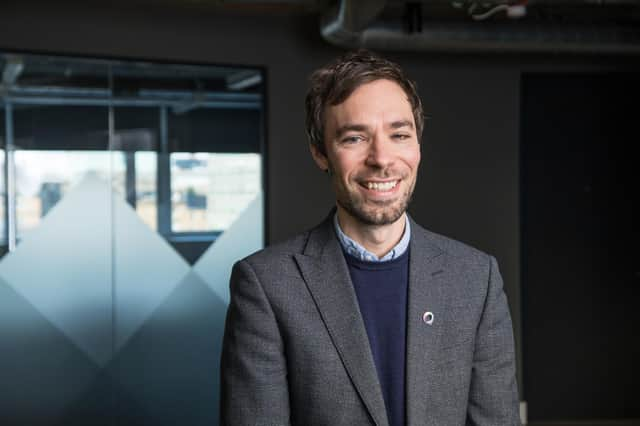Many autistic people have had a lifetime of social distancing - Rob Holland


As an example, our research has shown that two thirds of autistic people in Scotland felt socially isolated, and this was before social distancing was introduced in light of the coronavirus pandemic. Society has had two years of social distancing – many autistic people have had a lifetime of it. We want this to change.
In addition, during the pandemic we heard daily from families struggling to support autistic children, who were anxious, frustrated, often with extremely challenging behaviour, struggling to cope with a situation they don’t always understand. We also heard from many autistic adults struggling with mental health difficulties and high levels of anxiety. While the pandemic undoubtedly exacerbated things, we have been hearing about these issues long before the word coronavirus entered the public lexicon. These people won’t simply disappear once the pandemic is over, and it’s vital that they continue to receive the support they need.
Advertisement
Hide AdAdvertisement
Hide AdWhat about schools? We know that during the pandemic, schoolchildren had to work from home, which caused stress for many families. For countless families of autistic children, this isn’t a temporary measure. Thousands of autistic pupils are being asked to attend school on only part time timetables or not at all. This can mean pupils at home with nothing to do, or a just a worksheet, putting huge strain on families and both socially and intellectually isolating the pupils themselves. This is another restriction that affects autistic people and their families, and it doesn’t appear to be ending any time soon.
Thankfully, we were able to support many autistic people during the severest parts of the pandemic through our social groups. These groups provided a lifeline for autistic people, giving them much-needed social interaction and a chance to share their interests. We also achieved success on the campaigning front, securing a commitment from the Scottish Government to legislate for a Commissioner that will protect the rights and interests of autistic people and their families. While we know a Commissioner won’t be a miracle cure for all the restrictions autistic people currently face, we hope it will be the beginning of easing many of them.
We’ve been celebrating World Autism Acceptance Week (WAAW), and we hope you are too. As we speak about in the history of our organisation, in the 1960s, autistic children were often described as ineducable and many parents were told to put them in institutions. In essence, autistic people were simply to be ignored and forgotten about. While those dark days are thankfully far behind us, there is still so much work to be done. We need to create a society that doesn’t just acknowledge that autistic people exist, it needs to adapt and enable them to reach their full potential. As restrictions end for most of us, let’s not just return to the status quo for autistic people in Scotland.
Together, we need to create a new normal.
Rob Holland, Acting Director, National Autistic Society Scotland https://www.autism.org.uk/waaw
Comments
Want to join the conversation? Please or to comment on this article.